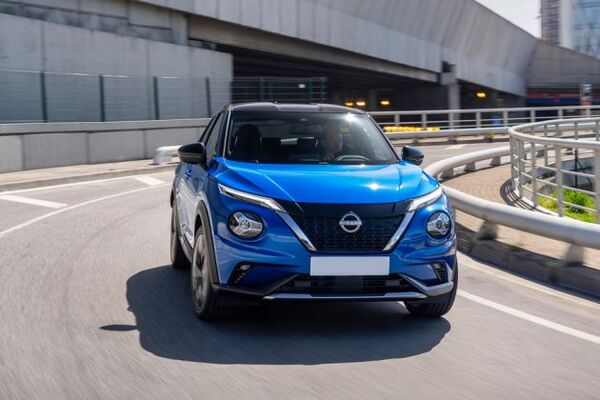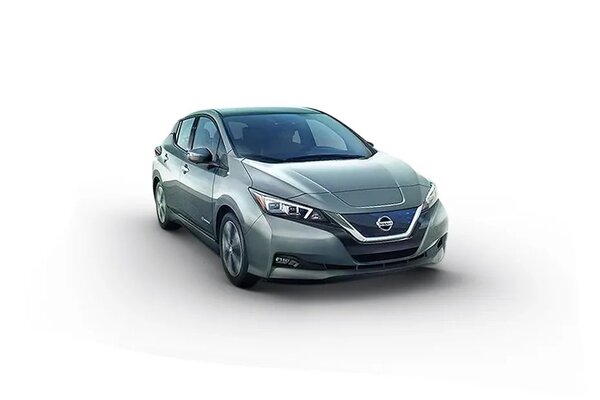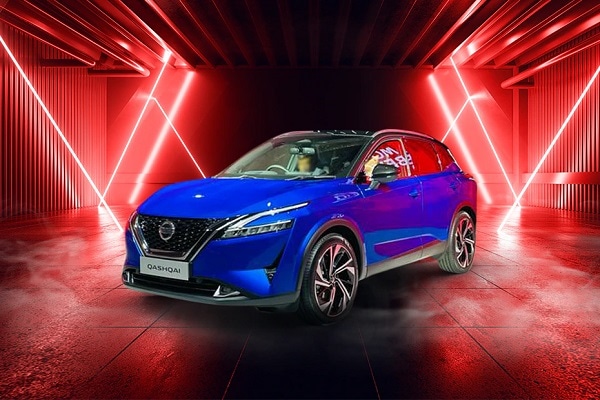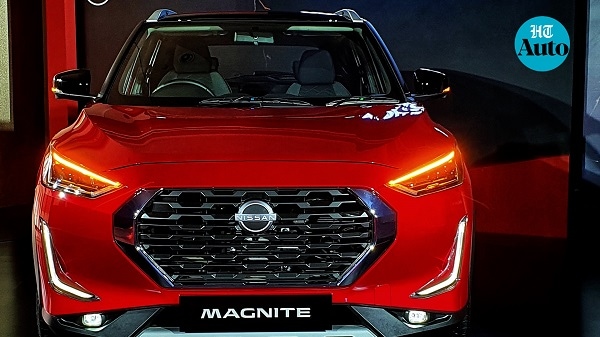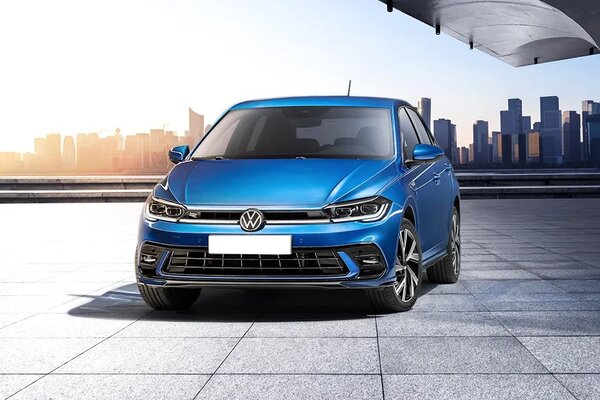Carmakers learn to live with semiconductor shortage
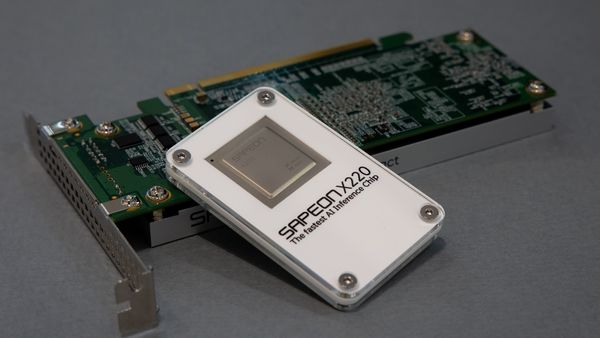

Automakers’ sales soared in the second quarter as resurgent consumers snapped up sport utility vehicles and pickups, but thin inventories created by the global semiconductor shortage are tempering the pace of the industry’s recovery.
General Motors Co., Toyota Motor Corp. and others said Thursday that their sales soared in the most recent quarter, buoyed by pent-up demand for vehicles as Americans loosened their purse strings following last year’s pandemic-induced slowdown. But automakers like Nissan Motor Co., Hyundai Motor Co. and Volkswagen AG warned that shrinking inventory due to chip shortages will keep squeezing sales this summer.
Also check these Vehicles
“We’re probably going to hit our lowest peak in terms of inventory levels in July and August," Randy Parker, senior vice president of Hyundai’s U.S. sales, said in an interview. “We should start to see things come back starting in September through the end of Q4. But it’s not going to be back to a normal level of what we’re used to."
( Also read | Elon Musk compares chip shortage to toilet paper crisis on an epic scale)
A global semiconductor shortfall has cut auto production worldwide and left showrooms with fewer models to sell, even as pandemic-weary car buyers have been eager to buy. That imbalance has boosted average new car prices, which last month soared above $40,000 for the first time, J.D. Power estimates. Inventory fell to 33 days of supply at the end of May, according to researcher Cox Automotive.
The seasonally-adjusted annual rate of auto sales slowed “meaningfully" in June, to a range of 15.3 million to 15.8 million, compared with 17 million in May, IHS Markit estimates.
New car sales in the U.S. in the second quarter are projected to have hit 4.4 million vehicles, the average of five analysts’ estimates compiled by Bloomberg. That would mark a 51% increase from a year earlier –– a period heavily affected by the onset of Covid-19 shutdowns.
Toyota Beats GM
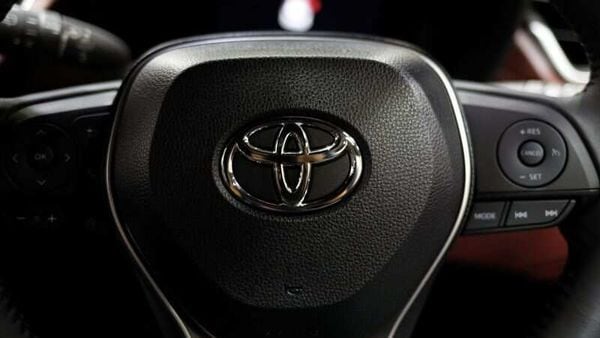

A pair of Japanese brands bested rivals with deep Detroit roots. Toyota outsold General Motors in the second quarter, by 688,813 vehicles to 688,236. That’s the first time GM has finished second in the U.S. sales race since 1998, when Ford Motor Co. came out on top. Honda Motor Co.’s sales of 486,419 vehicles pulled ahead of the 485,312 delivered by Stellantis NV, a merger of France’s PSA Group with Fiat Chrysler Automobiles. Those results may reflect the impact of supply chain issues on industry production levels.
Also Read : Suzuki Motor warns chips, battery supply will remain tight
GM said last month that it was boosting output at two truck plants, and only expected the chip shortage to affect its output through July. Ford predicts “significantly better" financial results compared with last year for the second quarter. But on Wednesday, the Dearborn, Michigan-based carmaker said it would curb production at eight factories in July and August because of the chip shortfall.
“If you’re trying to sell 30,000-plus cars a month and you only have 32,000 on the ground, obviously that supply is tight," Scott Keogh, chief executive officer of Volkswagen Group of America, said on a conference call with reporters. “We’re losing some sales opportunity, but more importantly, we’re running a very healthy business."
Volkswagen’s U.S. unit said its assembly plant in Chattanooga, Tennessee, is back to near 95% capacity after a two-week shutdown, but inventories will remain tight in July and August.
Most automakers stopped reporting monthly deliveries in 2019, so the second-quarter results are the first peek at industrywide sales trends since early April. Ford and Tesla Inc. aren’t expected to release their quarterly numbers until Friday.
GM: Post-Bankruptcy Highs


The Detroit-based automaker reported a 40% jump in sales to 688,236 vehicles in the three months through June, including more than doubling deliveries of its cash-cow Chevrolet Silverado pickup. Some GM brands posted the most rosy results since before GM went bankrupt in 2009. Buick had its best quarter in 15 years and the GMC truck unit had its best three months -- and first half -- since 2005.
Also Read : Fresh Covid cases can further worsen chip crisis in Asia: Report
Toyota: Hybrid Boost
The Japanese carmaker said its deliveries soared 73% to 688,813 vehicles in the quarter and that it had its best-ever first half for sales of pickups and sport utility vehicles. Its top sellers included the RAV4 compact SUV, Camry sedan and Tacoma midsize truck. Toyota also benefited from strong demand for its lineup of gas-electric hybrid models, which accounted for almost a quarter of its total sales last month.
Stellantis: Ram Leads Gains
Second-quarter deliveries for the French-Italian-American conglomerate climbed 32% from a year ago, but just 3.3% from the January through March period as shortages pinched supplies. The Ram pickup led sales, with a 40% quarterly gain, followed by the Jeep Wrangler and Grand Cherokee SUVs. Sales of the new plug-in hybrid 4xe Wrangler were strong, Stellantis said.
Nissan: Back on Track
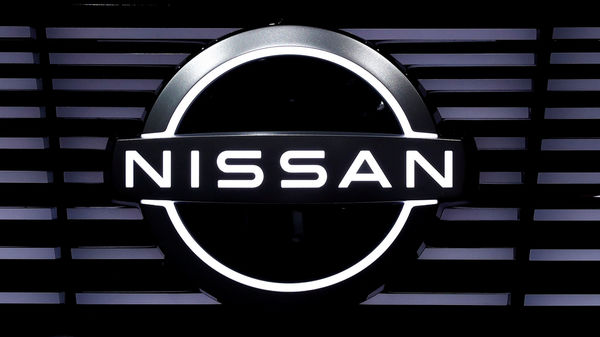

Nissan Motor Co., which only recently has turned the corner after months of declines, logged a 68% jump in second-quarter sales to 298,148 vehicles. It was helped by its best-selling Rogue compact SUV and budget-friendly Sentra sedan. That represented a second straight quarterly gain after a two-year slump due to stale products and managerial discord at its headquarters in Yokohama.
Honda: Hot for Sedans
Honda Motor Co. finished off a hot first half of the year by setting U.S. sales records for both June and the second quarter. Led by the CR-V crossover and Civic and Accord sedans, the Japanese automaker grew 66% in the second quarter year-over-year. Honda’s luxury Acura brand also performed well despite the microchip shortage, posting an 84% quarterly increase from last year.
Hyundai/Kia: Midsize-SUV Split
South Korean siblings Hyundai Motor Co. and Kia Corp. each reported record-breaking sales that easily topped pandemic-depressed results from a year earlier. In this year’s first half, Hyundai’s sales shot up 49%, while Kia’s soared 44%. But one of Hyundai’s hottest models -- the Palisade midsize SUV -- showed uncharacteristic softness in June, with sales down 27%. The Palisade’s counterpart at Kia -- the Telluride SUV -- didn’t show the same signs of scarcity. Telluride sales more than doubled in June.
Volkswagen: Best Since Beetle
The German automaker had its best quarterly sales since 1973, when the VW Beetle reigned -- but now SUVs and crossovers are leading the charge. The compact Tiguan SUV led second-quarter sales, followed by the mid-sized Atlas SUV and Jetta sedan. Volkswagen sold 5,756 units of the ID.4, its first battery-powered car to go on sale in the U.S.; 85% of trade-ins for the ID.4 are combustion engine vehicles, Keogh said.
Subaru: Chip Shortage Sinks Sales
Subaru Corp. suffered a 21% sales drop in June versus a year ago. Deliveries of the popular Forester and Crosstrek models fell 55% and 37% respectively, while the top-selling Outback SUV surged 60% from a year ago. It’s a rare stumble for the Japanese automaker, which has been on a growth streak and announced its best-ever sales numbers for both March and April. The company blamed its performance on reduced inventory triggered by the global microchip shortage.







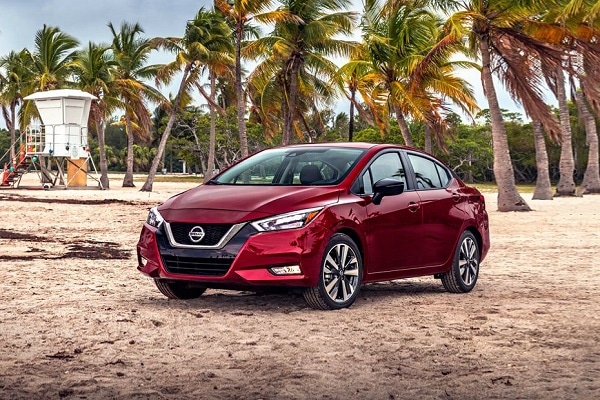
 1498.0 cc
1498.0 cc Diesel
Diesel